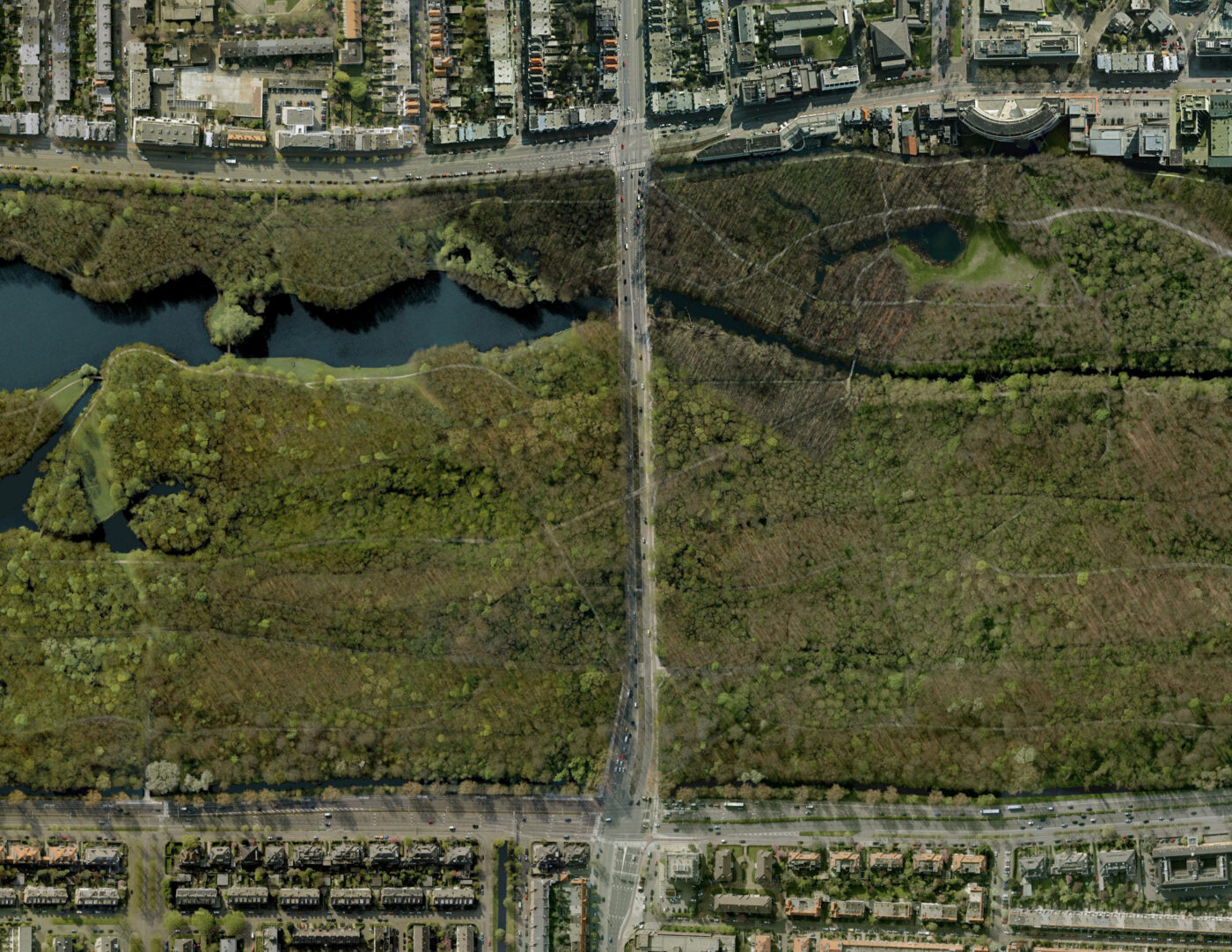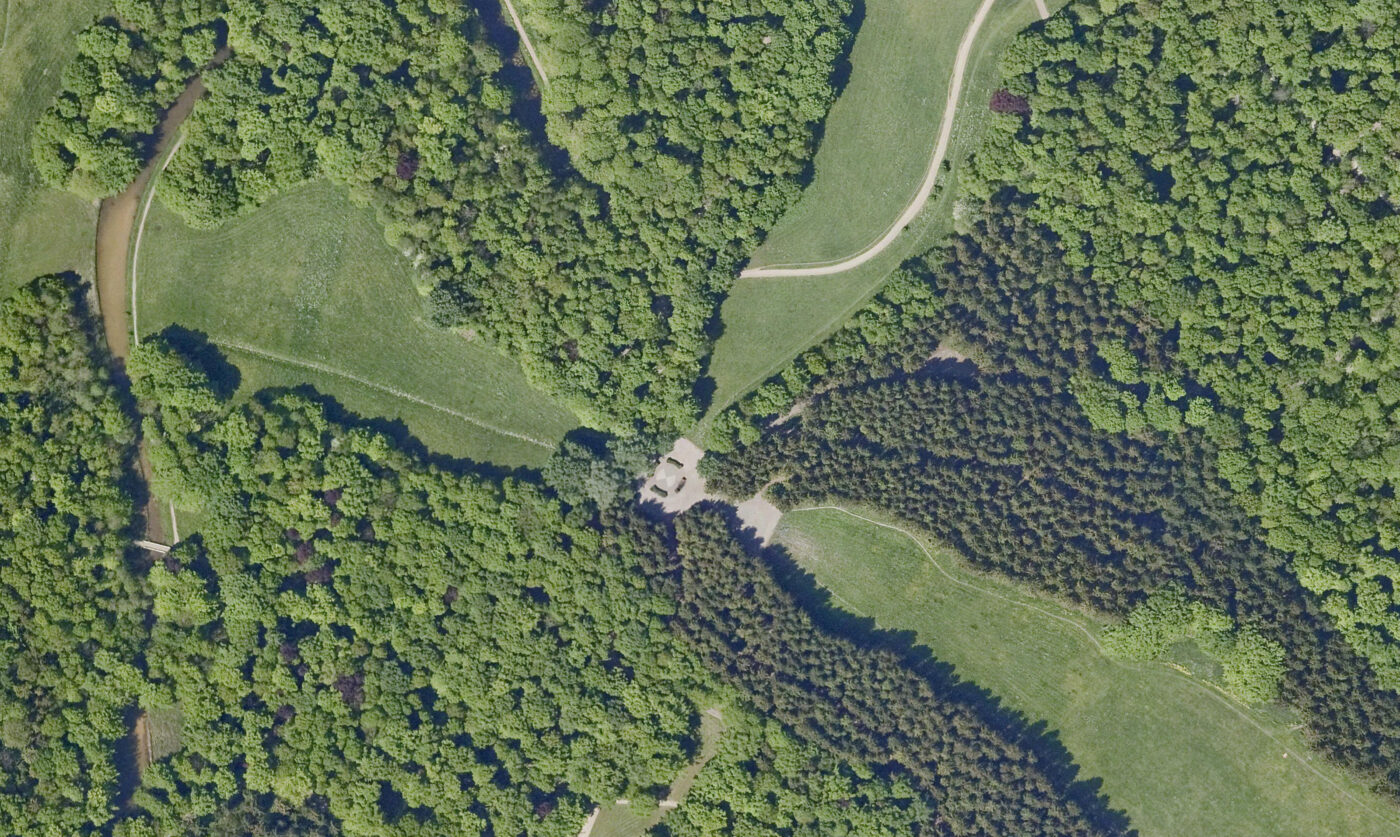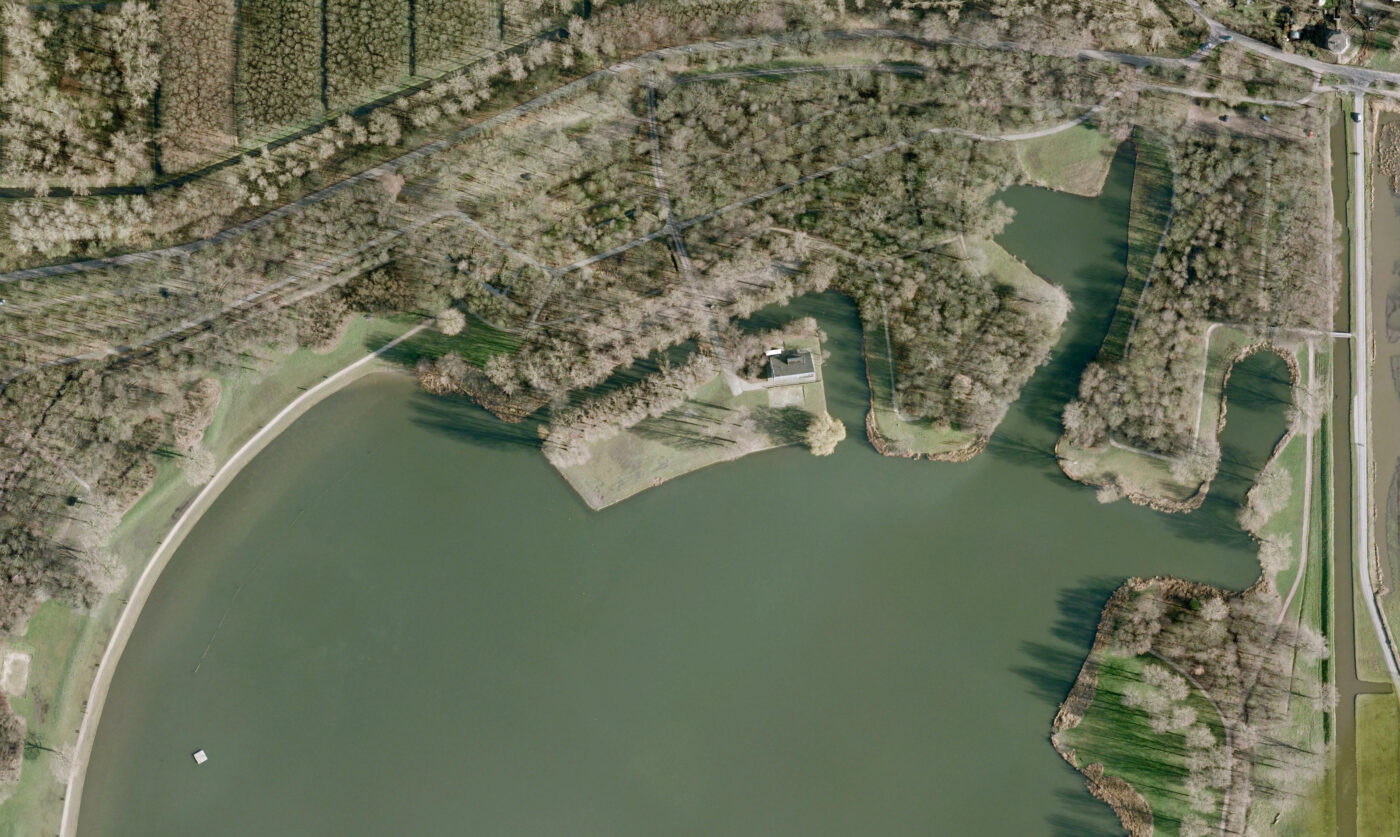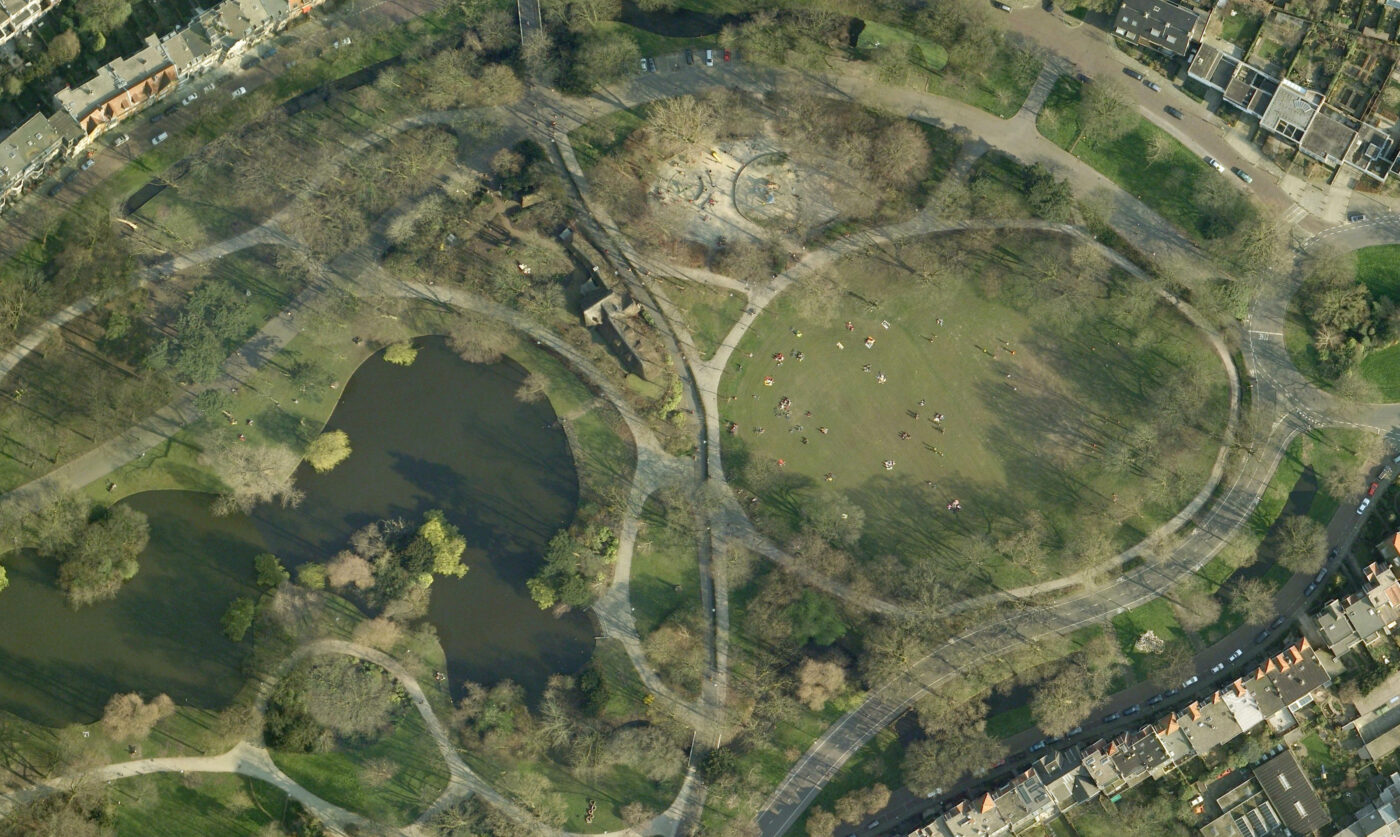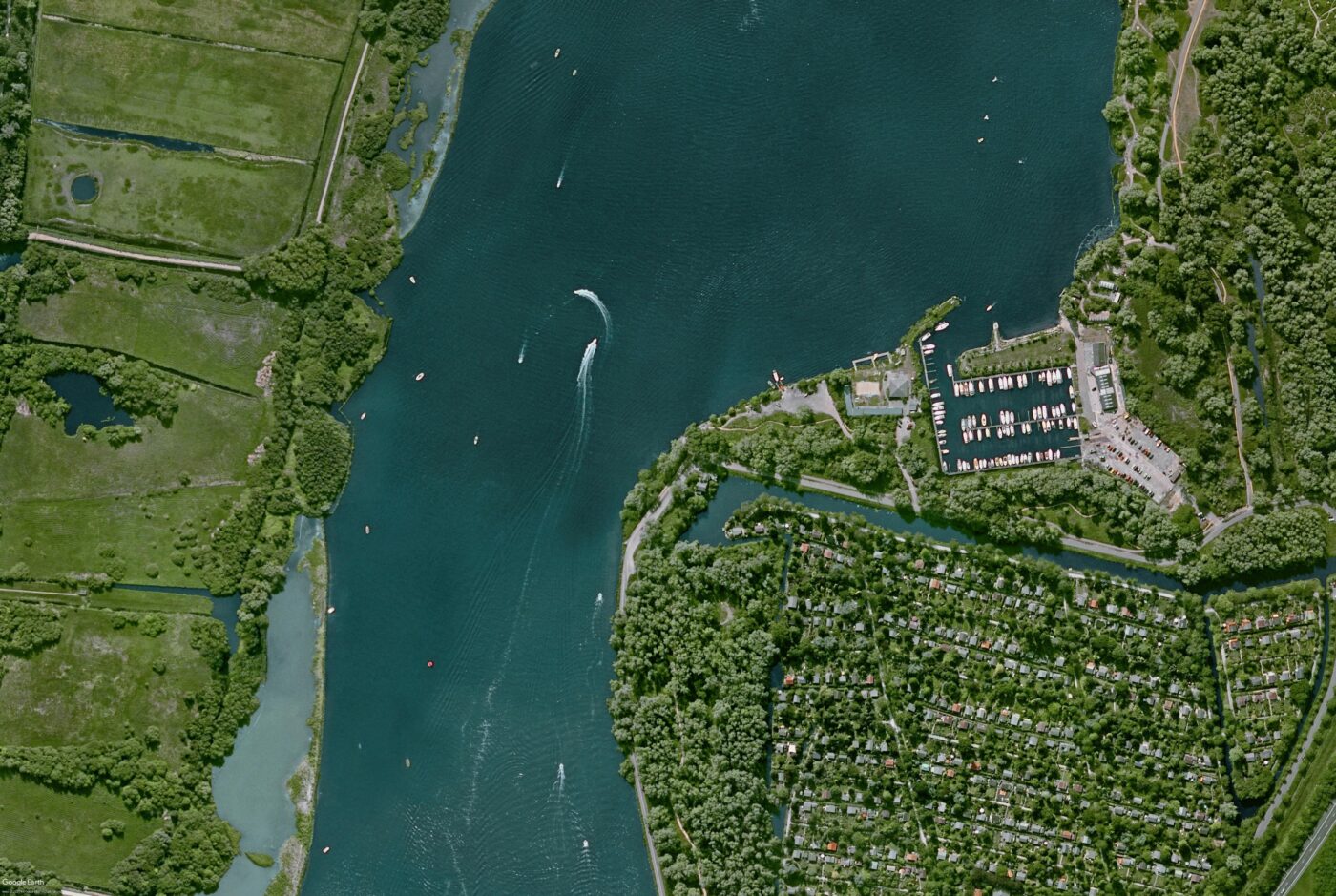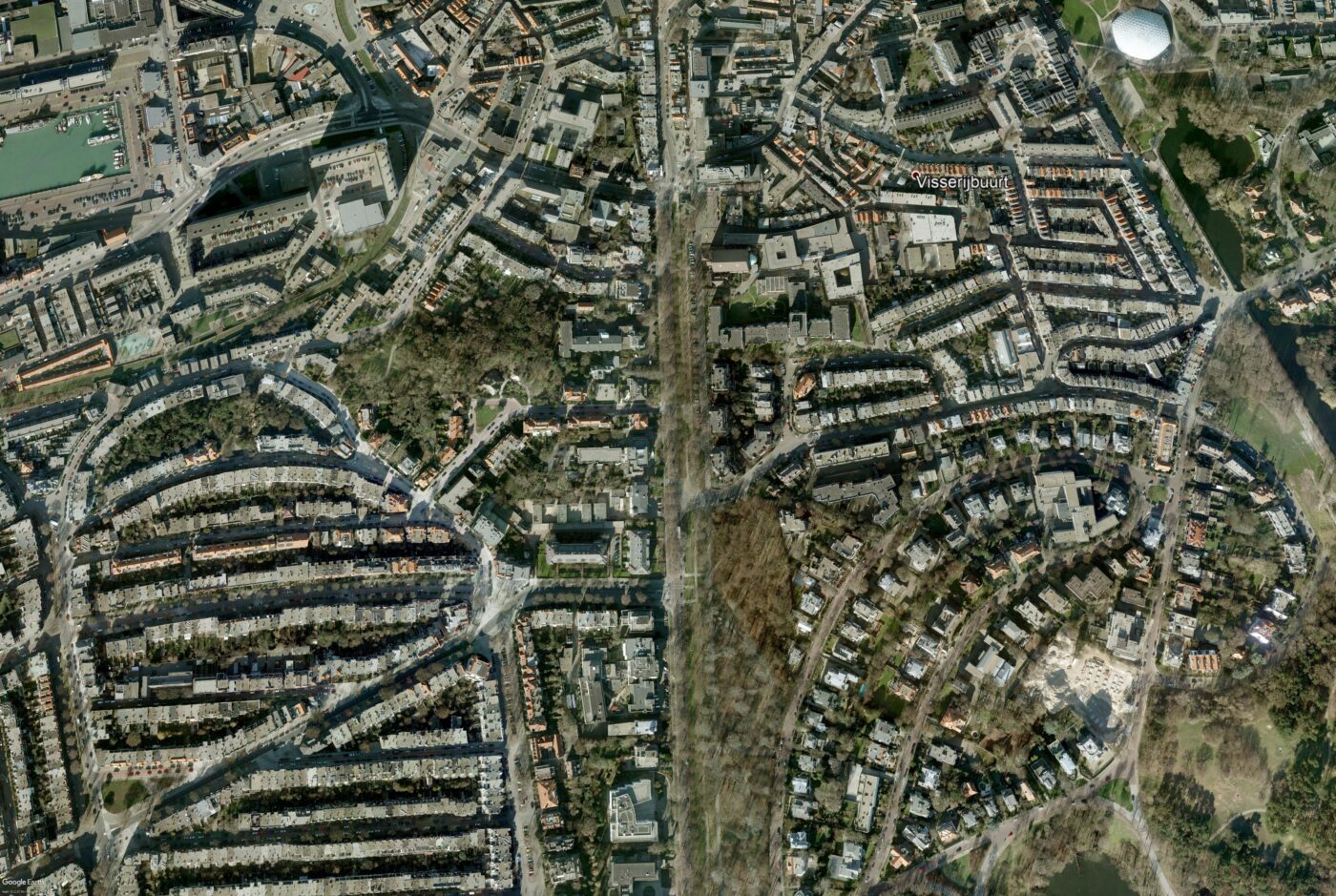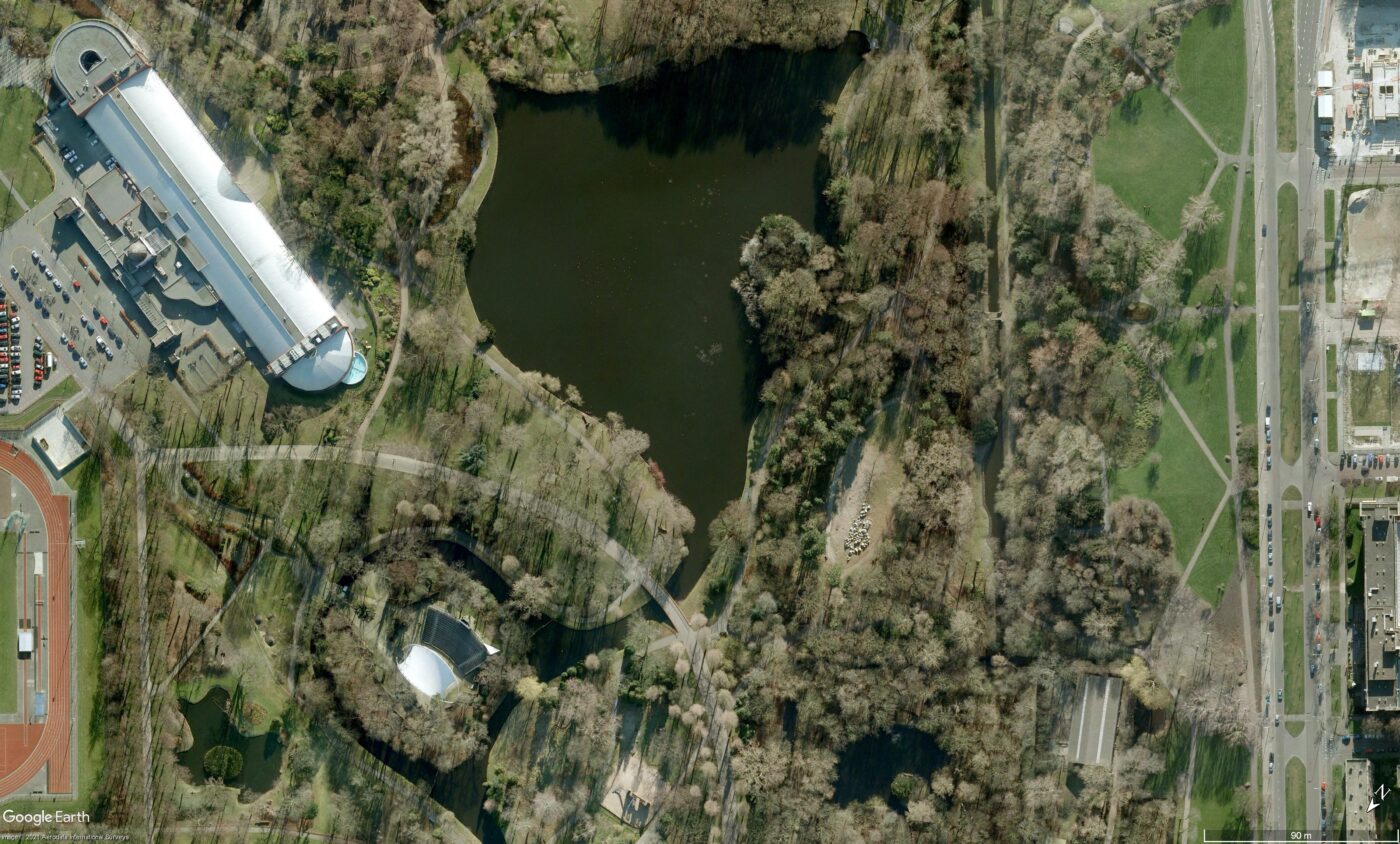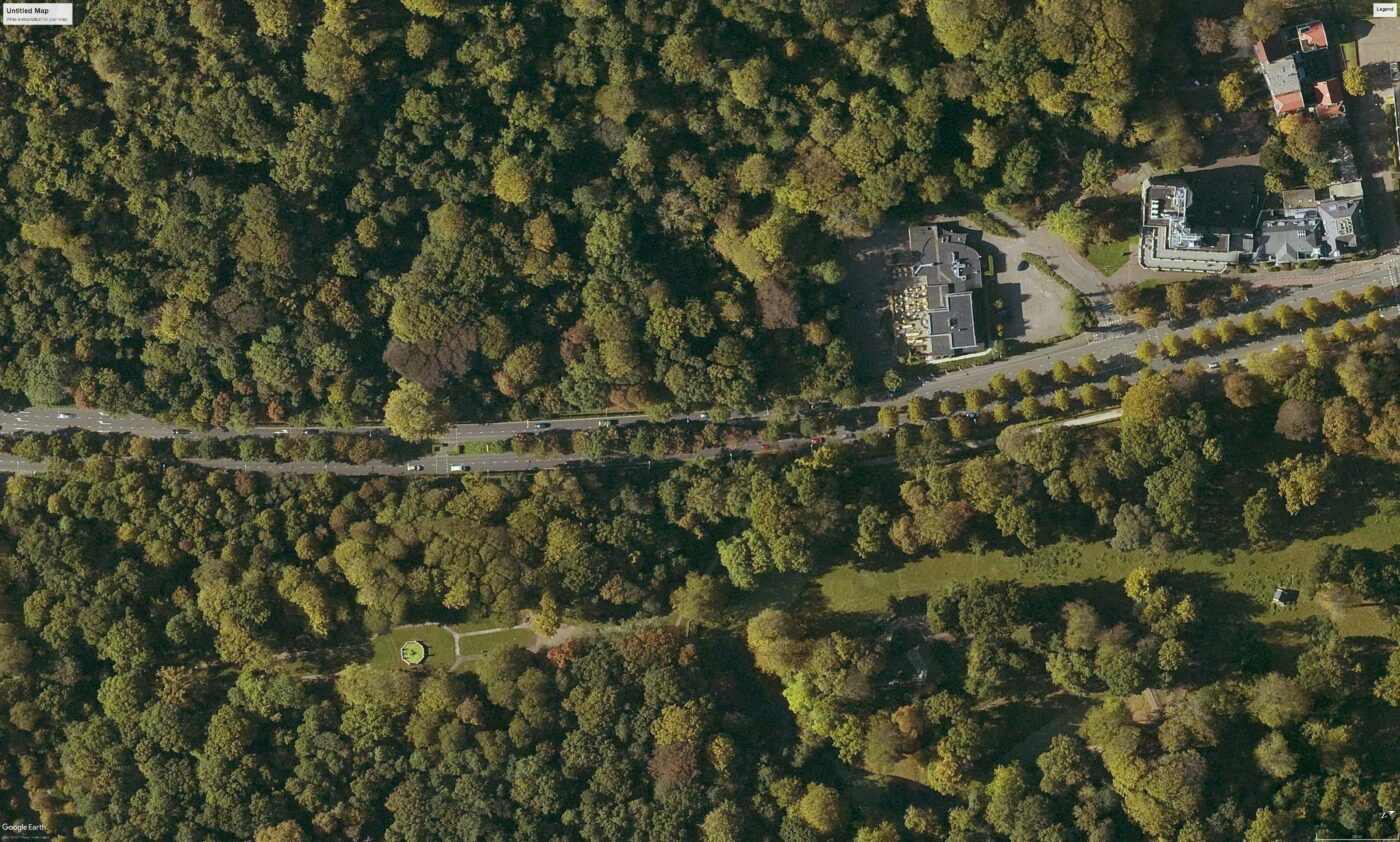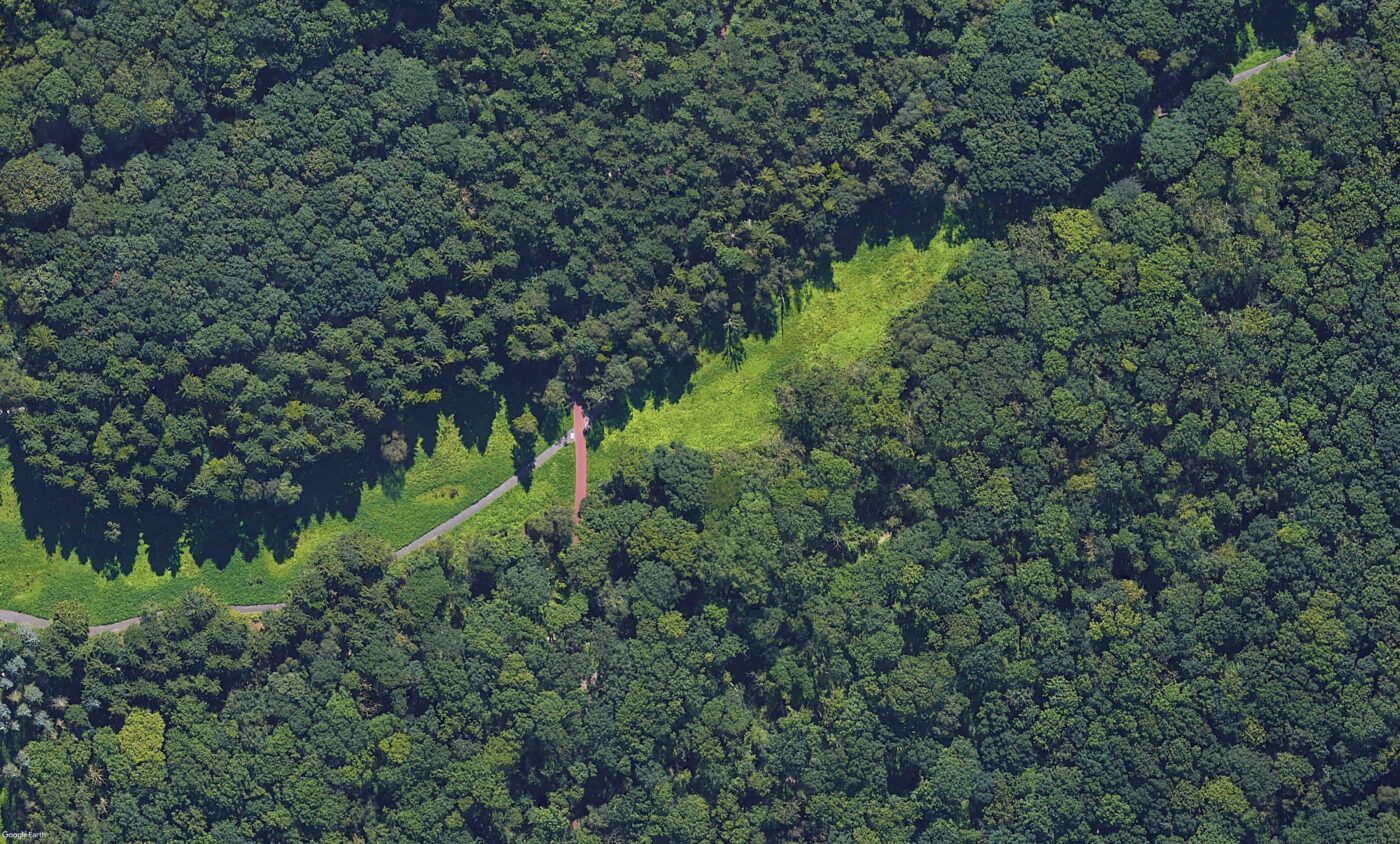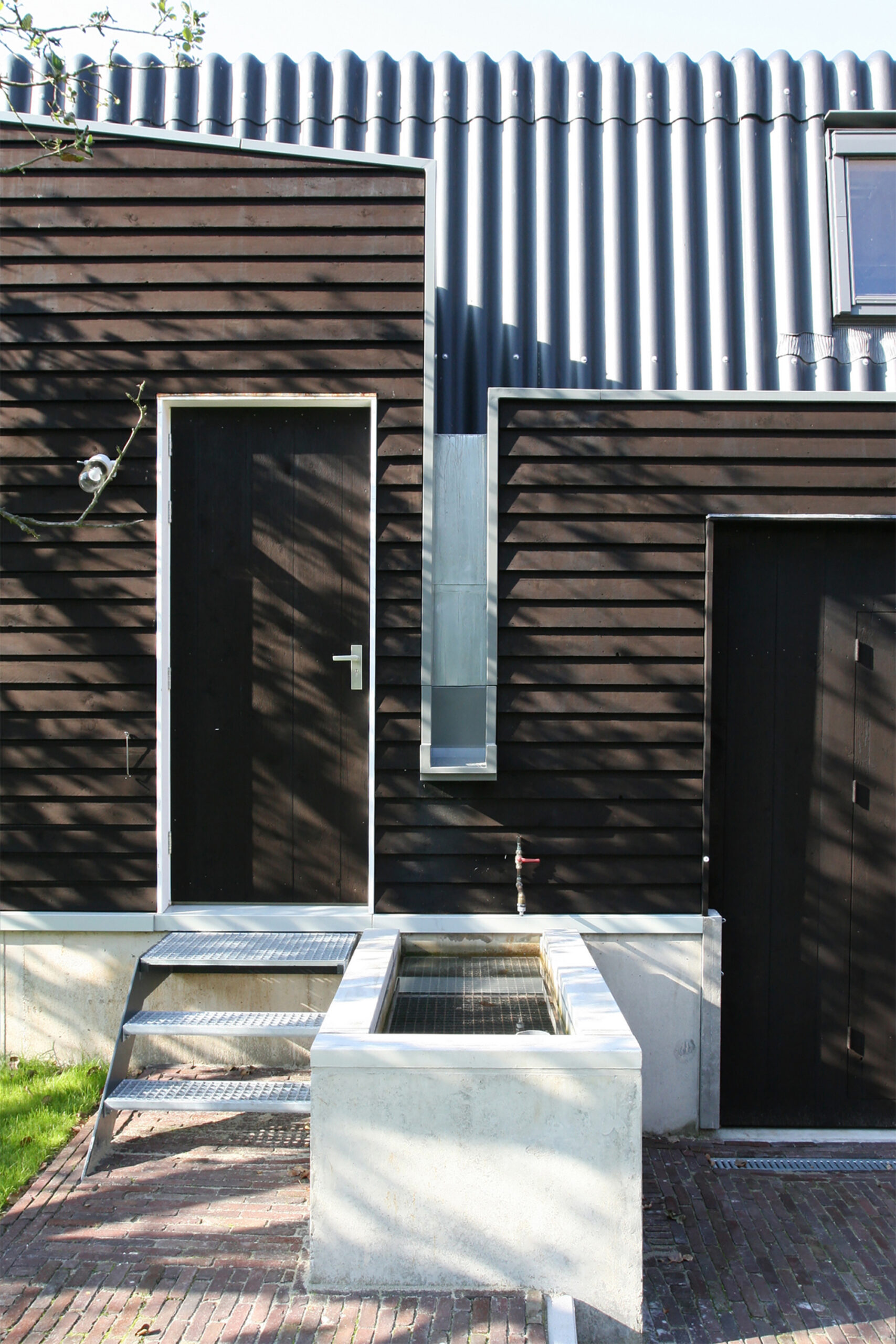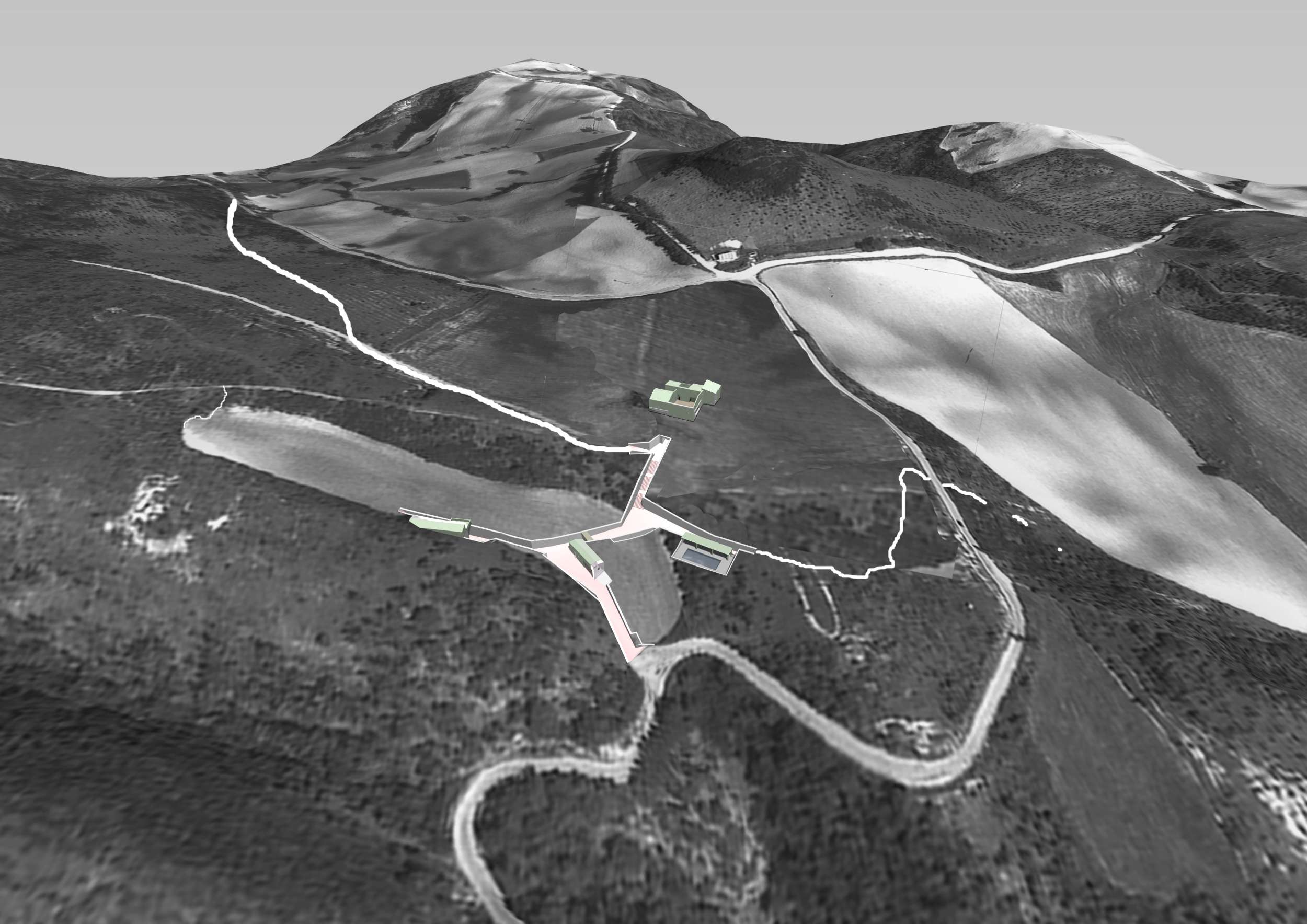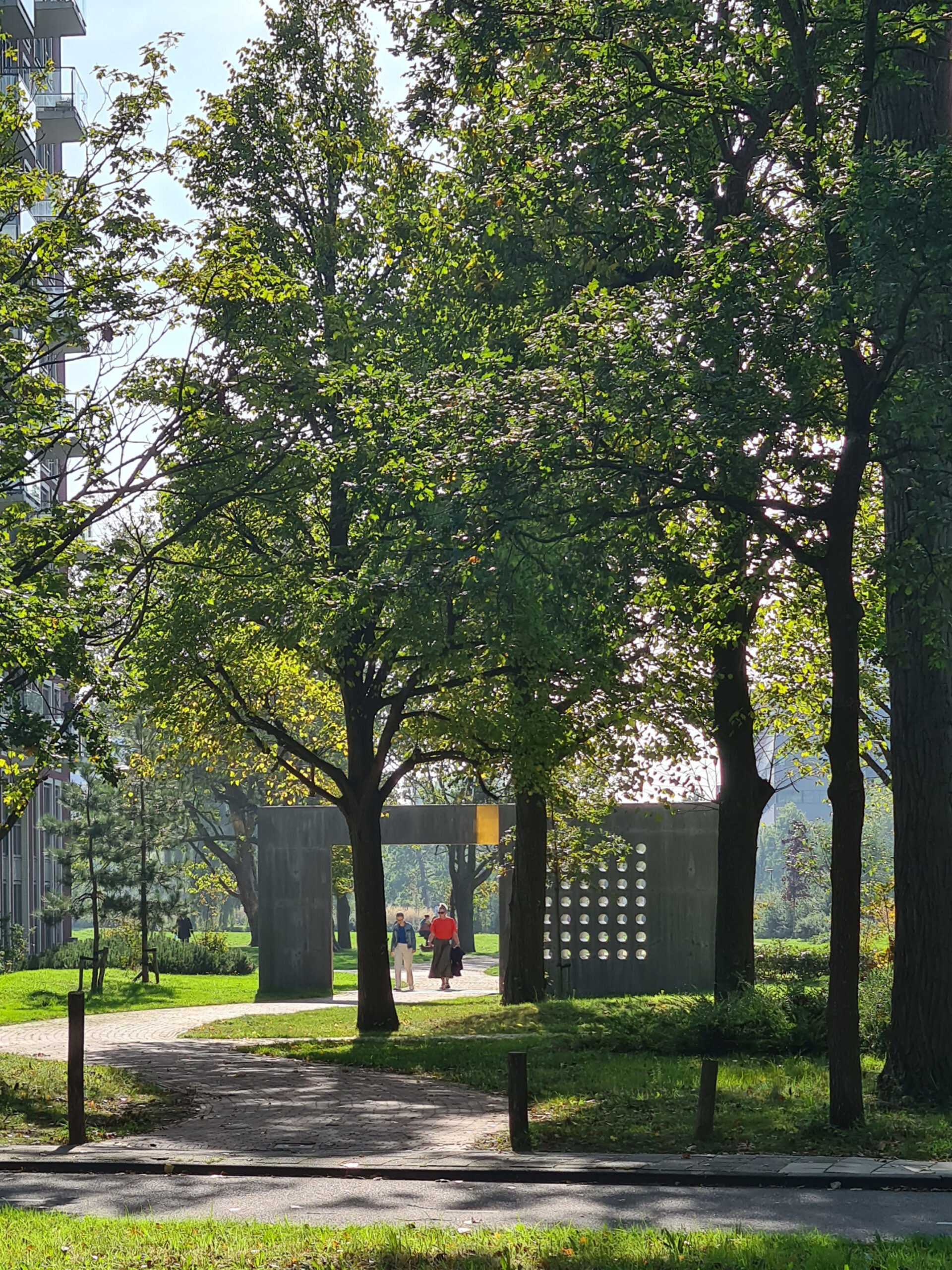Radical Spaces is a one-year research project (2021), designed to collect, catalogue and compare a range of socio-ecological support systems in the Randstad.
This practice-based research explores and represents urban and peri-urban green structures as main elements of urban spatial quality, shaping a typology of interactions between the built and the unbuilt. The project’s outcome is the development of an atlas synthesizing the conducted research on existing and potential green spaces with a historic, spatial and cultural meaning. The atlas serves as our research and design tool, opening the question of urban liveability and preservation of contested open space in light of extreme urbanization trends.
Covering the main cities in the Randstad, the selected method of categorization is based on the origin of green spaces and aims at tracing their role in the planning and design of the city over time. By using mapping as a tool, four categories came to be, highlighting a different type of dialogue between the green structure and the city, namely: pièces de resistance (structures such as estates, villas or pre-existing green entities), planning tools (green structures that have arisen along with the planning and design of new urban developments), cultivated peripheries (recreation spaces in proximity to big urban centres) and fantastic accidents (green patches left behind by limitations in urban development and heavy infrastructural lines).
By grouping this heterogenous array of urban and peri-urban parks, gardens, metropolitan structures, but also bits and pieces scattered in the Dutch landscape, the project creates a diverse and concise documentation of green-blue networks and fundamental metropolitan structures. Perhaps the most important outcome of the atlas is the opening of a dialogue on the more systematic and coherent integration of networks in the territory of the Randstad, especially those that lie on peri-urban or peripheral contexts.
